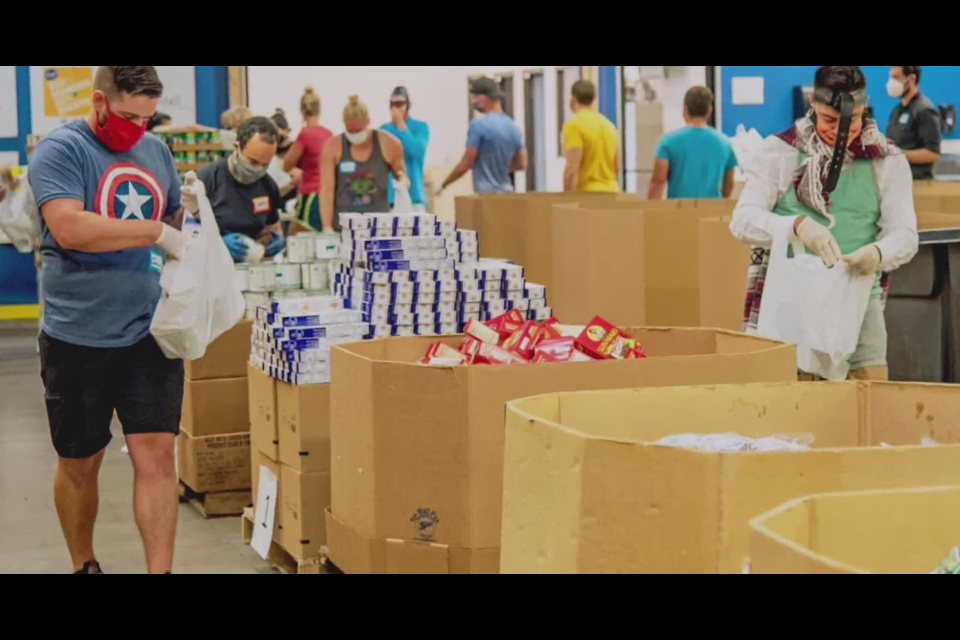In Arizona, 751,690 people are currently experiencing food insecurity. These individuals and families have limited access to nutritional, safe or healthy foods.
The National Health Center found a correlation between poverty and mortality rates in the United States related to specific chronic conditions, including heart, liver and kidney diseases.
February is American Heart Month and now is a critical time to understand the health implications that poverty and food insecurity can have on our neighbors.
Many Arizonans are just one emergency away from experiencing food insecurity, whether it’s a job loss or a medical crisis. These individuals are then forced to limit their grocery spending or choose inexpensive foods, often with low nutritional value. Once individuals get into the habit of consuming low-priced food, such as pizza, chips, candy or soda, it can be hard to break the habit of switching to healthier options.
Those suffering from hunger, food insecurity or poverty are at greater risk of being diagnosed with heart disease due to limited financial access to nutritional or fresh food. Cardiovascular disease, also known as heart disease, is the leading cause of death for adults in the U.S. It is described as the buildup of plaque in the arteries that leads to heart attacks, strokes and peripheral vision.
To lower one’s risk, nutritionists recommend consuming heart healthy foods that include more fiber, less saturated fat and reduced sodium. The best options include the following categories: proteins, wheat grains, dairy, and healthy fats and oils.
Based in the East Valley, United Food Bank is one of many nonprofits who are making sure food insecure Arizonans have access to nutritional options. Some of these foods include fruit, eggs, chicken, tuna, oatmeal, beans and canned vegetables.
In 2023 alone, United Food Bank distributed 22,708,277 pounds of food, including 7,163,584 pounds of fresh produce, to its over 150 local food pantries and agency partners. Additionally, 12,393,058 pounds of grocery was rescued by United Food Bank and its partners, to provide greater variety and access to more nutritious meals to those in need. If you or someone you know is need of food, a hot meal or an emergency food box can search for a nearby food pantry or agency at azfoodbanks.org/get-food/.
Those looking to help make an impact for their neighbors and prevent heart disease or other chronic conditions can make a financial donation to United Food Bank or other Valley food banks, as well as host a food drive in your community. These donations will help food banks collect and distribute a variety of healthy food items to food pantries and agencies that support Arizonans.
Since 1983, United Food Bank has been dedicated to providing hunger relief to people in the East Valley and eastern Arizona. As a member of Feeding America, the food bank collects, acquires, stores and distributes food to 150 partner agencies and programs in five counties, serving over 2 million Arizonans. For more information about its mission, ways to help and where to access food, visit unitedfoodbank.org.
Grace Bishara is the director of philanthropy at United Food Bank, based in Mesa.



